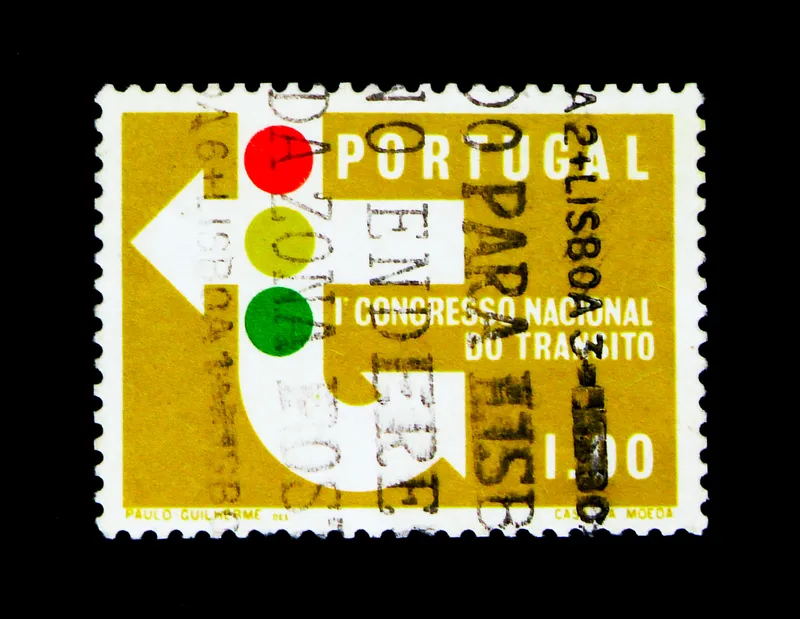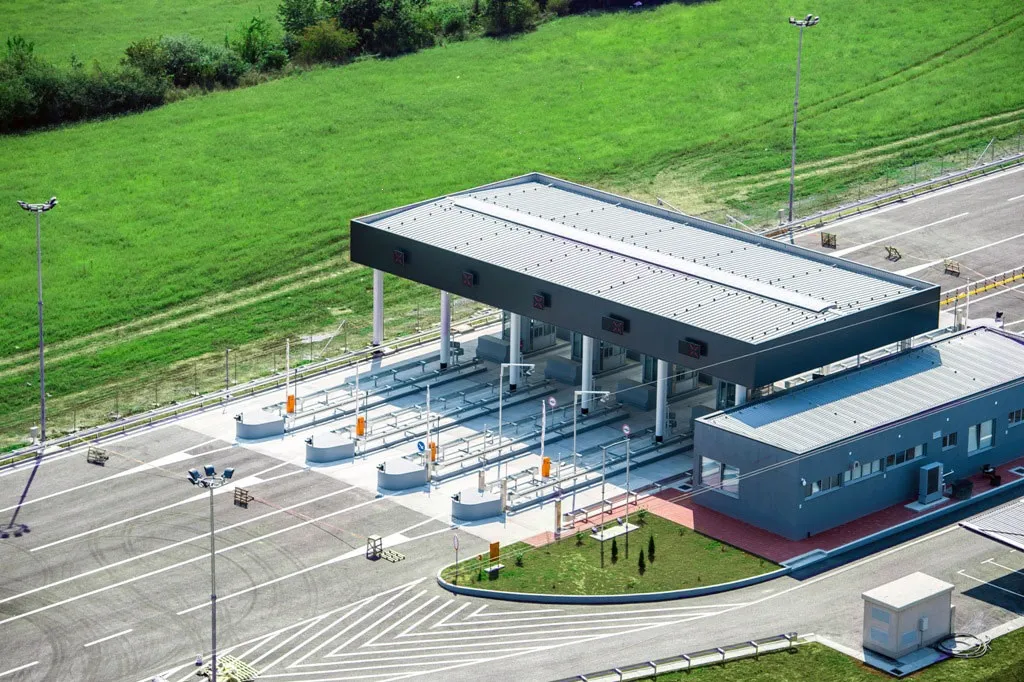The $14.2m deal involves nearly 100 charging points
By David Arminas
July 30, 2020
Read time: 1 min

Q-Free has been awarded a $14.2 million contract to upgrade Ascendi’s multi-lane free-flow tolling system in Portugal.
The system consists of nearly 100 charging points that were initially installed by Q-Free in 2009 and 2011.
Under the new contract, Q-Free will replace all key roadside modules such as DSRC transceivers, camera systems and lane controllers with new and upgraded solutions.
Deliveries will be completed in the first part of 2022, said Håkon Volldal, chief executive of Q-Free.
Q-Free, which provides tolling and traffic management solutions, is based in Trondheim, Norway, and has offices in 16 countries.










